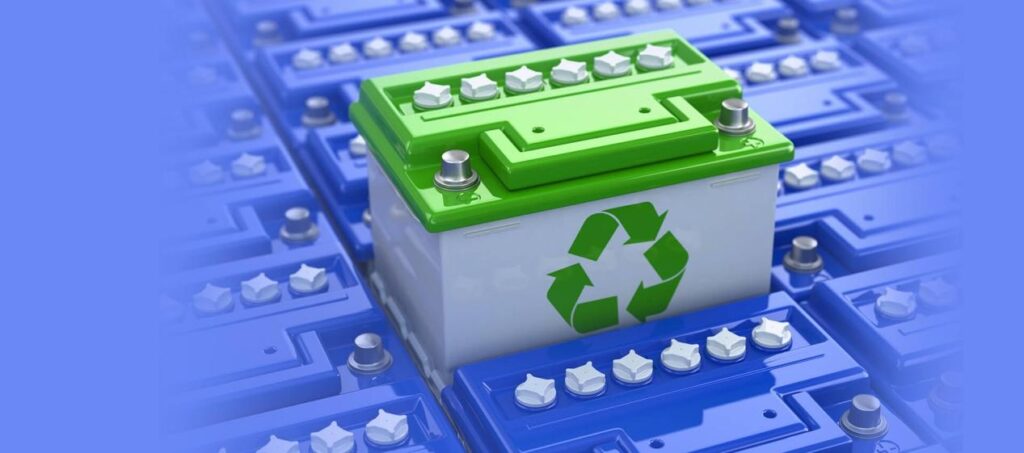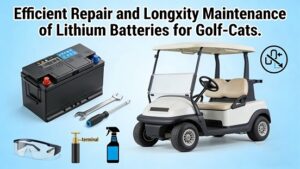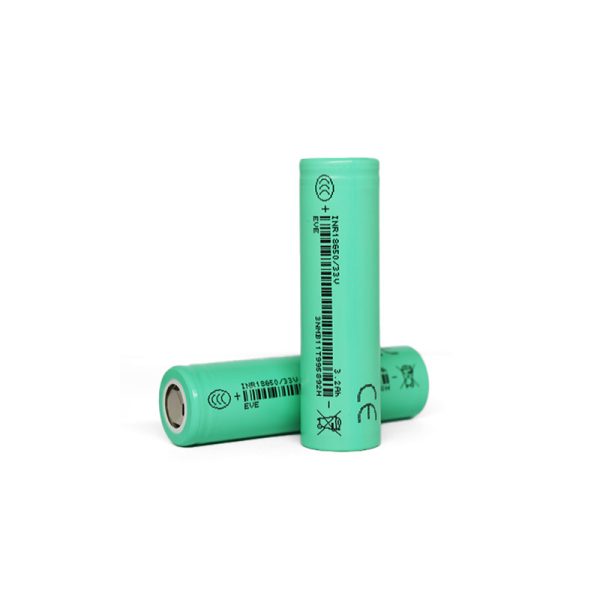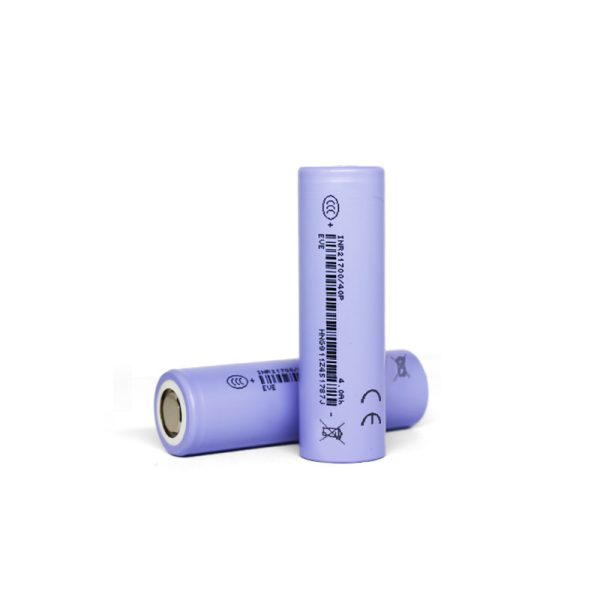You’ve got an old lithium-ion battery lying around. Maybe it’s from your e-bike, maybe from that delivery scooter, or maybe from a power bank that promised “super-fast charging” but aged faster than a reality show celebrity.
And now you’re wondering:
How do I get rid of it safely… without setting off the smoke alarms?
Good question. Because while lithium-ion batteries keep our gadgets and vehicles alive, they can also turn into tiny fire-breathing dragons if disposed of the wrong way.
Why You Shouldn’t Throw Batteries in the Trash
Throwing lithium-ion batteries away like they’re banana peels is a recipe for disaster. Here’s why:
·Fire Hazard: They can ignite if punctured, crushed, or exposed to heat.
·Toxic Materials: Nickel, cobalt, and lithium can contaminate soil and groundwater.
·Wasted Resources: These metals are valuable and can be reused — tossing them is like throwing away money.
According to the European Battery Recycling Association (EBRA), improperly disposed lithium-ion batteries caused over 250 reported waste facility fires in Europe in 2023 alone.
And with the EU Battery Regulation 2023/1542, improper disposal isn’t just dangerous — it may soon be illegal.

The “Good, the Bad, and the Ugly” of Battery Disposal
Here’s a fun comparison for your e-bike or e-scooter battery:
| Disposal Method | What Happens Next | Risk Level | Long-Term Impact | Coolness Factor |
| Toss it in trash | Landfill fire, toxic leaks | High | Damages environment + costs taxpayers | Zero cool |
| Keep it in a drawer | Forgotten, may swell/leak | Medium | Eventually still needs disposal | Lazy cool |
| Drop at local recycling point | Safely processed, metals recovered | Low | Supports circular economy | Responsible cool |
| Partner with certified recycler | Traceable recycling, eco benefits | Low | Reduced raw material dependency | Hero cool |
Real-World Cases You Don’t Want to Copy
The “Oops” Case (London, 2023)
A delivery company dumped several damaged e-bike batteries in general waste. One caught fire in a garbage truck. The result? Truck destroyed, traffic chaos, and a very awkward insurance claim.
The “Smart” Case (Berlin, 2024)
A food delivery fleet partnered with a certified recycling firm. Not only did they avoid fire risk, but they also received credits under Germany’s battery take-back scheme — saving costs and boosting their green image.
Step-by-Step Guide: How YOU Should Dispose of Lithium-Ion Batteries
- Check Local Drop-off Points
·In Europe, most supermarkets, electronics stores (like MediaMarkt, Fnac), and municipal depots accept small batteries.
·For e-bike and e-scooter batteries, check with your city’s recycling website. Many now have dedicated collection bins.
- Prep Before Drop-off
·Tape the terminals with electrical tape to prevent sparks.
·Place batteries in a non-metal container (plastic, cardboard).
- Call Professional Services
·If you’re a business handling bulk batteries (delivery fleets, e-bike shops), use certified recycling partners.
·In France, Corepile offers a free collection system. In Germany, GRS Batterien manages nationwide take-back.
- Think Long-Term
·Choose batteries designed with recyclability and longer cycle life in mind.
·Fewer disposals = less hassle, less cost, more sustainability.
Why Recycling Beats Landfills
| Factor | Landfill | Recycling |
| Fire Risk | Extremely High | Very Low |
| Environmental Impact | Soil & water contamination | Reduced CO₂ footprint |
| Material Recovery | 0% | Up to 95% lithium, cobalt, nickel |
| Cost to Society | Millions in damages | Savings through reuse |
| Future Supply Chain | Worsens raw material shortage | Builds sustainability |
Fun fact: The cobalt in 100 discarded e-bike batteries is enough to produce 20 new ones if recycled properly.

Why This Matters Now
·By 2027, all lithium batteries sold in the EU will need a digital battery passport for traceability.
·The EU aims to recover at least 70% of lithium by 2030.
·E-bike and e-scooter sales are booming: in 2023 alone, over 5 million e-bikes were sold in Europe. That means millions of used batteries will soon require safe disposal.
If you’re a rider, ignoring this trend could mean fines, fire hazards, and environmental damage. If you’re a business, proper disposal is now part of your compliance and brand reputation.
Your Role in the Circular Economy
Disposing of lithium-ion batteries is not rocket science… but it can be explosive if you do it wrong.
Next time you’re tempted to toss one in the trash, remember:
It’s not a banana peel.
It’s a tiny dragon.
And dragons belong in recycling castles, not landfills.



